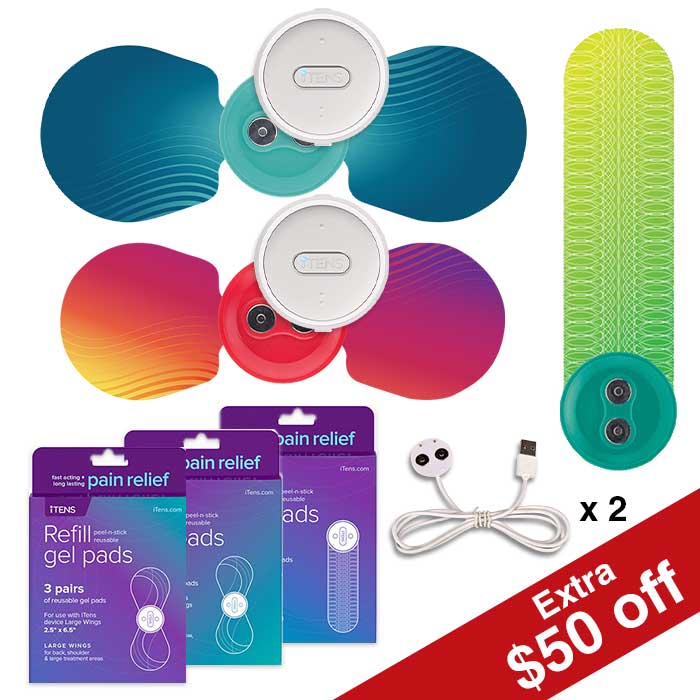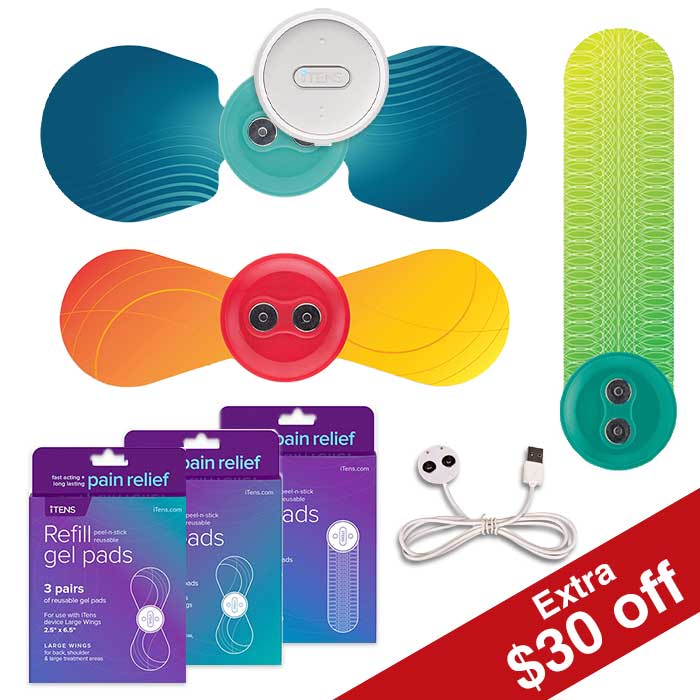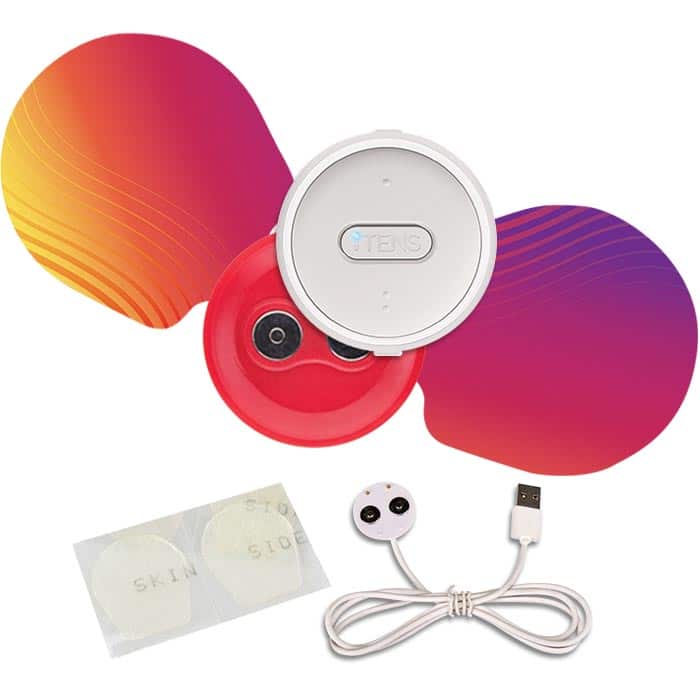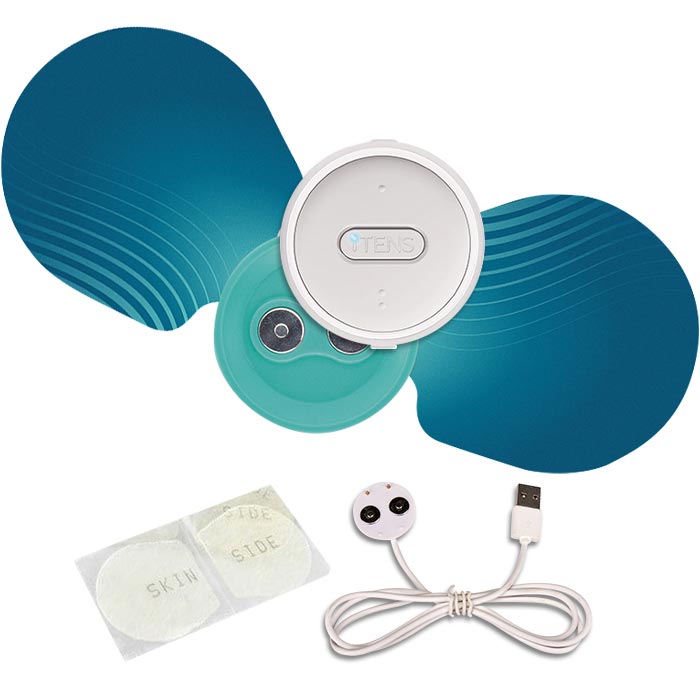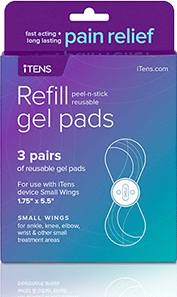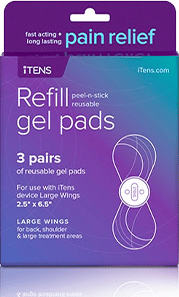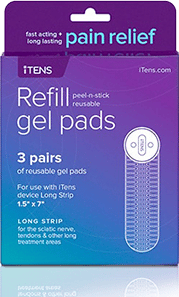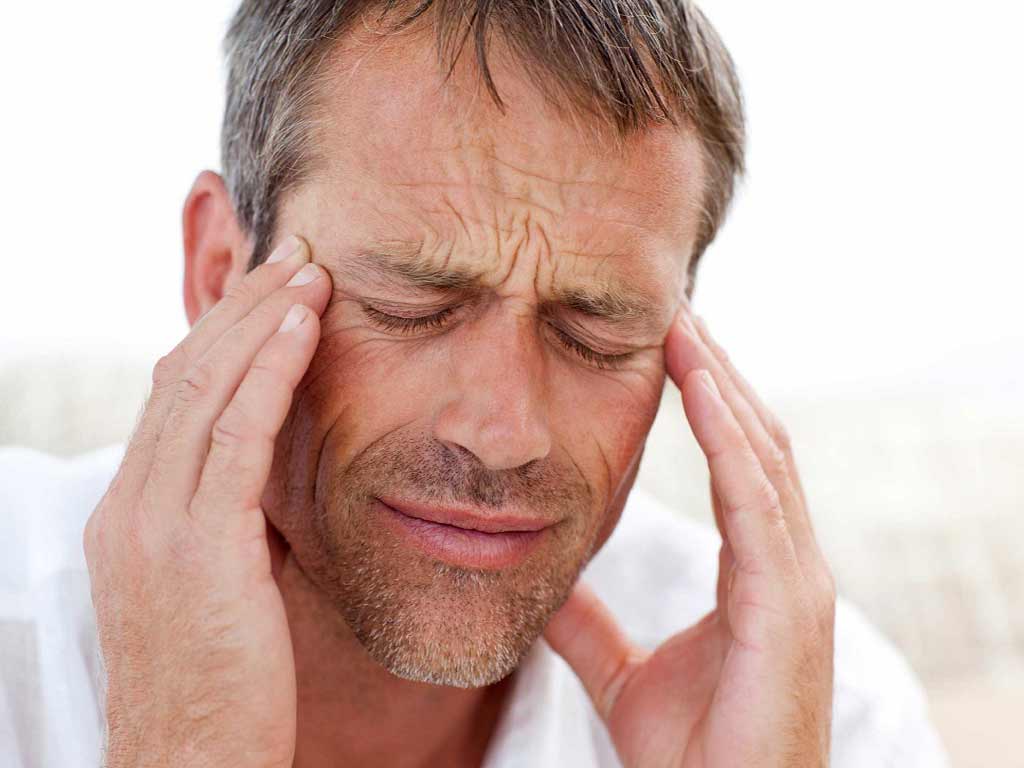
Headaches can be crippling. Someone can be going about their day like normal, then develop a headache that prevents them from focusing or even moving. Having a bad headache is frustrating because it is not an injury someone can see or know exactly how to treat. That is why having the best medicine and painkillers available is important to help get through a headache. The best headache medicines contain ibuprofen, like Advil.
Painkillers are versatile and target pain anywhere in the body. Because of this, it is good to have a supply of them in your home. This way, you always have pain relief at the ready. For an issue like a headache, which can happen at any time. This is a great practice for preparedness. This article will present the types and brands of painkillers available, how they work in the body, and alternative ways to treat headaches.
Best Over-the-Counter Headache Medicines
Headache medicines can work wonders for the ailment. There are over-the-counter pain relief medicines that are highly affordable and easy to acquire. When purchasing painkillers, pay attention to what their base drug is. The two main options are ibuprofen and naproxen. These options are safe for most people and provide effective relief without a prescription.
Ibuprofen is a drug that Advil uses to treat pain. It targets nerves to stop them from producing pain signals. As a result, ibuprofen can provide relief for shoulder pain, backaches, arthritis, period pain, joint pain, bursitis, or osteoarthritis. On the other hand, naproxen is found in Aleve. It can have even faster effects than ibuprofen. Both drugs are a reliable and safe method to treat headaches.
It is recommended to discuss this with the doctor first to ensure you are safe to use medications. Even over-the-counter medications have side effects, and some may be worse for certain people. If you are already taking other medications, adding in painkillers may complicate your treatment or even endanger you.
Causes of Headache
- Dehydration: insufficient fluid intake leading to a reduction in body water levels
- Eating disorders or eating patterns: unhealthy eating habits, such as skipping meals or following restrictive diets.
- Alcohol use: excessive alcohol consumption promotes dehydration, triggers inflammation, and affects blood vessel dilation in the brain.
- Lack of sleep: insufficient sleep can alter neurotransmitter levels, increased stress, and reduced brain function.
- Screen brightness: prolonged exposure to screens with high brightness levels can strain the eyes and trigger headaches.
- High caffeine intake: excessive consumption of caffeine can cause headaches as caffeine affects blood flow and can lead to dependency.

How Does Headache Medicine Work
Headache medicine works in a number of ways to reduce pain. In fact, most painkillers have the same series of processes that work for any type of pain, whether it is a headache, sprain, or cut. Painkillers target damaged cells to prevent them from releasing pain signals. This, therefore, reduces the pain the brain receives, and the intensity that the user feels.
Pain medications also target the brain. They can prevent the brain from feeling pain signals as much. The combined effect of fewer pain signals being sent from the afflicted area and fewer being received in the brain means the person feels less pain.
Prescription medications typically work in much the same way but to a much stronger degree. This means effects are much more noticeable and begin faster after taking the medicine. However, also means their side effects are stronger as well. That is why only a doctor can decide if someone’s pain requires a prescription to manage.
Side Effects
As beneficial as painkillers can be, they do come with a number of side effects. Some of the most common ones include nausea, fatigue, chest pain, and tightness in the throat. If someone experiences side effects from a medication, they should seek medical attention immediately. A doctor may determine if the medication has caused a more serious problem.
The intensity, duration, or likelihood of an individual experiencing side effects varies from person to person. If someone is taking other medications at the same time, they may react differently than intended and induce side effects. Someone’s tolerance to specific drugs may also play a role.

Alternatives to Headache Medicine
If you do not want to use headache medicine, there are other options. Often, headaches are the result of dehydration. This means that staying hydrated is a good prevention method. If you feel your head starts to hurt, it may help to drink more water.
Rest is another way to ease a headache. Try lying down somewhere quiet and dim the lights. This will reduce the strain on your eyes and give your head a chance to reset. While resting, try doing hot or cold compresses on your neck and forehead. Even loosening a ponytail can help relieve pressure on the head and reduce headache pain.
Be mindful of what you eat during headaches. Chewing can sometimes make the pain worse, so it is best to avoid tough or crunchy foods. Take small bites to minimise head movements. In some cases, caffeine may help as well. Be careful not to have too much, as caffeine can, in turn, cause its own headaches for those used to it during withdrawal.
When to See a Doctor
Some headaches may require a doctor to help. If you suddenly develop an extremely severe headache, it may be a sign of a significant underlying issue. A doctor will need to assess why that headache started and what the problem is. Continuously worsening pain is also a bad sign, and requires professional treatment.
Some instances are almost always signs of a separate issue. A headache following a head injury typically indicates a concussion, which requires immediate treatment to prevent it from getting worse. If there are accompanying symptoms like fever, seizure, or numbness, the headache is likely just one symptom of a much larger issue.
Conclusion
Headaches can happen to anyone, at any time. Though there are ways to prevent them, one should always be prepared. A wide selection of headache medicines are available for purchase and consumption. Their ability to block pain signals from travelling to the brain while also numbing the brain somewhat to their intensity can drastically reduce the pain a person feels. For more severe instances, a doctor can give stronger prescription medication.
If painkillers do not do enough to help, there are alternative ways to treat headaches on your own. Sometimes getting rest in a dark, quiet room can drastically reduce pain. Drinking more water almost always helps too. Hydration is key to good health and can help relieve headaches. For some people, even caffeine can help. As painful as a headache can be, there are plenty of methods and medications to help.

